Breastfeeding with Dietary Restrictions: A Comprehensive Guide for Vegetarians, Gluten-Free, and More
Jul 16, 2024Breastfeeding is a beautiful and rewarding experience, but it can also come with its own set of challenges, especially if you follow a special diet such as vegetarian, vegan, gluten-free, or have food intolerances. While these dietary restrictions have their own benefits, it's crucial to ensure that you're meeting your nutritional needs and sustaining a healthy milk supply for your little one. In this comprehensive guide, we'll explore how to navigate special dietary needs while breastfeeding successfully.
Vegetarian and Vegan Diets
If you follow a vegetarian or vegan diet, you may need to pay extra attention to getting enough protein, iron, zinc, vitamin B12, and omega-3 fatty acids. These nutrients are essential for your overall health, milk production, and your baby's development.
Gluten-Free Diet
For breastfeeding moms following a gluten-free diet, the primary concern is ensuring adequate intake of fiber, vitamins, and minerals that may be lacking in a diet devoid of wheat, barley, and rye. Moms can meet their fiber needs with fruits, vegetables and natural gluten-free whole grains. Fun fact, I was diagnosed with celiac disease around 2010, so I've been gluten-free for a long time!
Lactose Intolerance
If you experience lactose intolerance, you may need to limit or avoid dairy products. However, this doesn't mean you can't breastfeed successfully – it just requires some adjustments. Focusing on getting calcium & probiotics from other food sources can be helpful.
General Tips for Managing Special Diets While Breastfeeding
Regardless of your dietary restrictions, there are some general guidelines to follow:
- Shift Your Attention: Focus your attention on what you CAN HAVE vs what you can't have. This perspective shift will make following a diet for allergies, intolerance or a diagnosis much easier!
- Plan Ahead: Meal prep and snack planning can help ensure you're meeting your nutritional needs and avoiding unhealthy choices when hunger strikes.
- Watch for Nutrient Deficiencies: Be mindful of potential nutrient deficiencies associated with your specific diet and take steps to address them through diet or supplementation.
- Consult Professionals: Work with a lactation consultant, registered dietitian, or healthcare provider to create a personalized plan that meets your specific dietary needs and supports your breastfeeding goals.
- Listen to Your Body: Pay attention to how your body responds to certain foods and adjust your diet accordingly. Every breastfeeding journey is unique, and what works for one mom may not work for another.
- Consider Food Introduction: If you're following an elimination diet due to food allergies or sensitivities, work with your dietitian to introduce new foods slowly and monitor your baby's response.
Remember, breastfeeding with dietary restrictions can be challenging, but it's certainly possible with the right approach and support. Be patient, listen to your body, and don't hesitate to seek professional guidance if you have any concerns about your nutrition or your baby's well-being.
Inside The Postpartum Shift, we have a wide variety of soy-free, dairy-free, gluten-free, vegan, and vegetarian options inside the portal. We also provide sample meal plans that are simple and take 20 minutes or less to prepare and 10 ingredients or less. Together, we can ensure that you and your little one receive the nourishment you need for a healthy, thriving breastfeeding journey.






